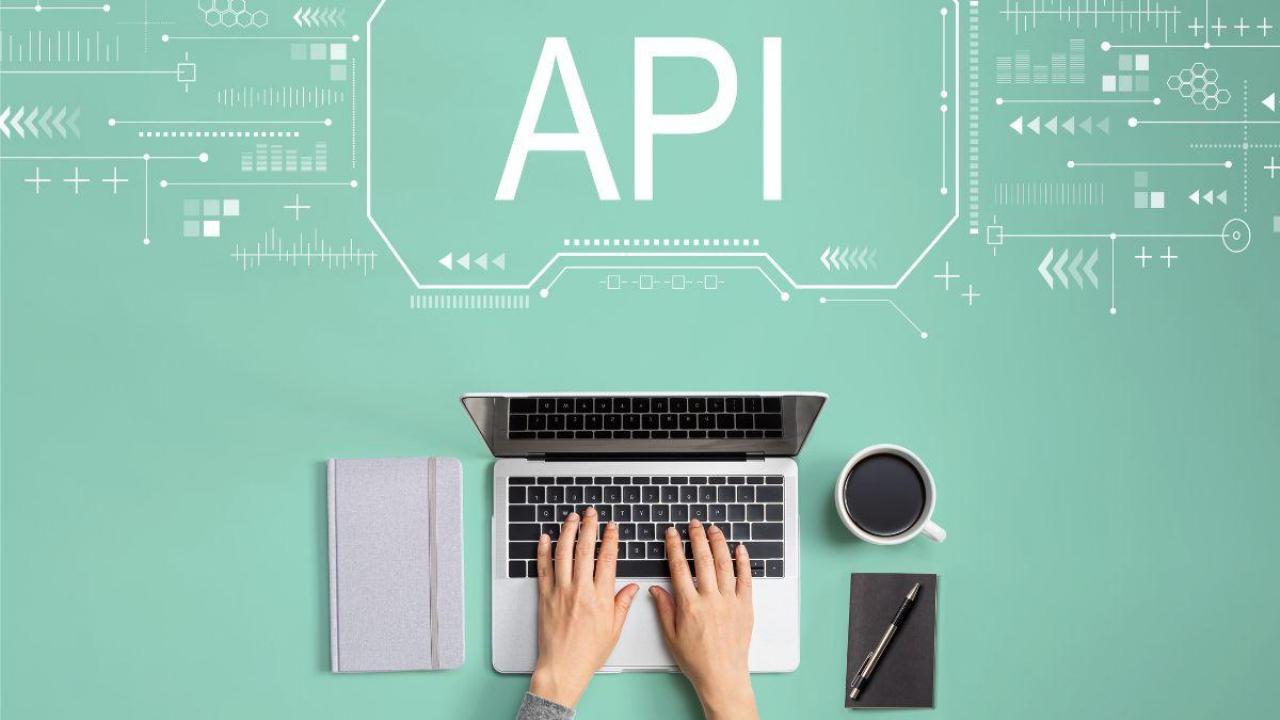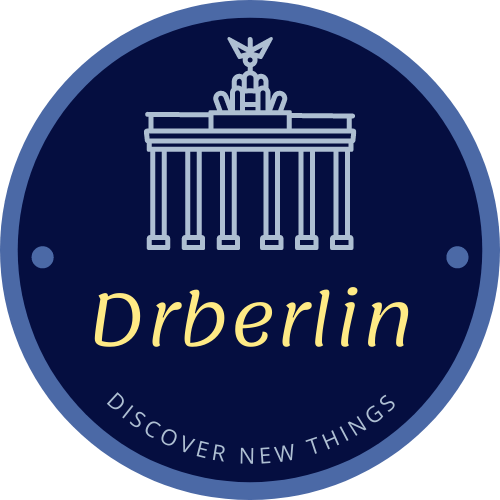NFTs (Non-Fungible Tokens) are transforming various industries by enabling the digitization of physical and virtual assets. However, while NFTs hold vast potential, their integration into existing systems can often be challenging for enterprises. With advancements in technology and the advent of comprehensive API tools, making NFTs accessible to all is becoming more achievable than ever before. This article delves into how enterprises can leverage API tools for seamless NFT adoption, ensuring secure and efficient use across multiple applications.
The Rise of NFTs and Their Impact on Digital Assets
Over recent years, NFTs have surged in popularity, creating new avenues for ownership and investment. They offer a way to convert digital goods, including photography and artwork, into unique items that can be traded, sold, or showcased online. For businesses, this opens up numerous possibilities from monetizing digital content to tracking the provenance of assets.
In the realm of investment, NFTs present a novel option. Unlike traditional funds tied to stocks or bonds, NFT investments allow individuals to own exclusive digital collectibles and even domain names. This shift not only impacts individual investors but also enterprises looking to expand their digital portfolios.
NFTs as a Tool for Securing Digital Ownership
The concept of ownership has evolved with the advent of NFTs. Ownership no longer pertains solely to physical goods; digital items now hold a similar weight. Enterprises keen on protecting their intellectual property and digital assets can utilize NFTs to validate and safeguard ownership.
Expanding Creativity with NFTs
Artists, including photographers and digital creators, can tokenize their works, providing a new revenue stream. Businesses investing in such NFTs support creativity while acquiring unique assets that can appreciate over time. This democratizes art collection, making it accessible beyond the elite.
API-Driven NFT Integration: Simplifying the Process
For many enterprises, incorporating NFTs into their existing systems may appear daunting. Here, API tools emerge as an invaluable resource facilitating the effortless integration of NFTs into business operations. Companies like Original provide robust API solutions designed to streamline NFT usage, making them both easy and secure to manage.
Automation of NFT Transactions
APIs enable automation of creating, selling, and transferring NFTs, thus reducing manual intervention and enhancing efficiency. Enterprises can harness these tools to automate repetitive tasks, ultimately saving time and resources.
Scalability and Efficiency
An effective API allows firms to scale their NFT endeavors without encountering operational bottlenecks. By converting digital assets to tokens automatically, companies can seamlessly handle large volumes of transactions, catering to an extensive user base effortlessly.
- Seamless token creation and management
- Automated transfer and trading between users
- Secure storage and transaction validation

Ensuring Security and Reliability with NFTs
Security remains a top concern when dealing with digital assets. APIs not only facilitate easy integration but also reinforce the security of NFTs. High standards of encryption and data protection ensure that digital goods remain safeguarded against unauthorized access.
Building Trust Through Transparency
Transparent and tamper-proof records maintained via blockchain technology bolster investor confidence. Enterprises employing API tools for NFTs benefit from enhanced reliability, making the ownership and transfer of digital items more trustworthy and legitimate.
Continuous Support for Successful Adoption
More than just technical solutions, companies offering API tools for NFT integration often provide ongoing support. This involves assisting clients throughout the adoption journey, troubleshooting issues, and ensuring optimal use of NFTs within their business models. Such committed partnerships foster long-term success in the digital ownership landscape.
Real-World Applications and Future Prospects
Numerous sectors stand to benefit from integrating NFTs, ranging from real estate to entertainment. Each application scenario demonstrates the versatility and innovative potential that NFTs introduce to conventional business practices.
Tokenizing Real Estate Assets
Real estate firms can tokenize property titles, allowing for fractional ownership and easier trade of property shares. This can revolutionize capital raising and investment opportunities within the sector.
NFTs in Entertainment and Media
Entertainment companies can issue NFTs corresponding to event tickets, exclusive interviews, or limited-edition content. This enhances fan engagement and creates new monetization streams, setting a precedent for how digital goods are commercialized.
Innovations in Retail and E-Commerce
Retailers can employ NFTs for loyalty programs, where customers receive tokenized rewards that they can trade or redeem. Likewise, e-commerce platforms can enhance customer experience by offering verified digital versions of purchased items.
By leveraging powerful API tools, enterprises can seamlessly integrate NFTs into their operations, unlocking a realm of possibilities. These forward-thinking approaches promise a dynamic future where digital and physical worlds converge through secure, transparent, and accessible NFT solutions.
